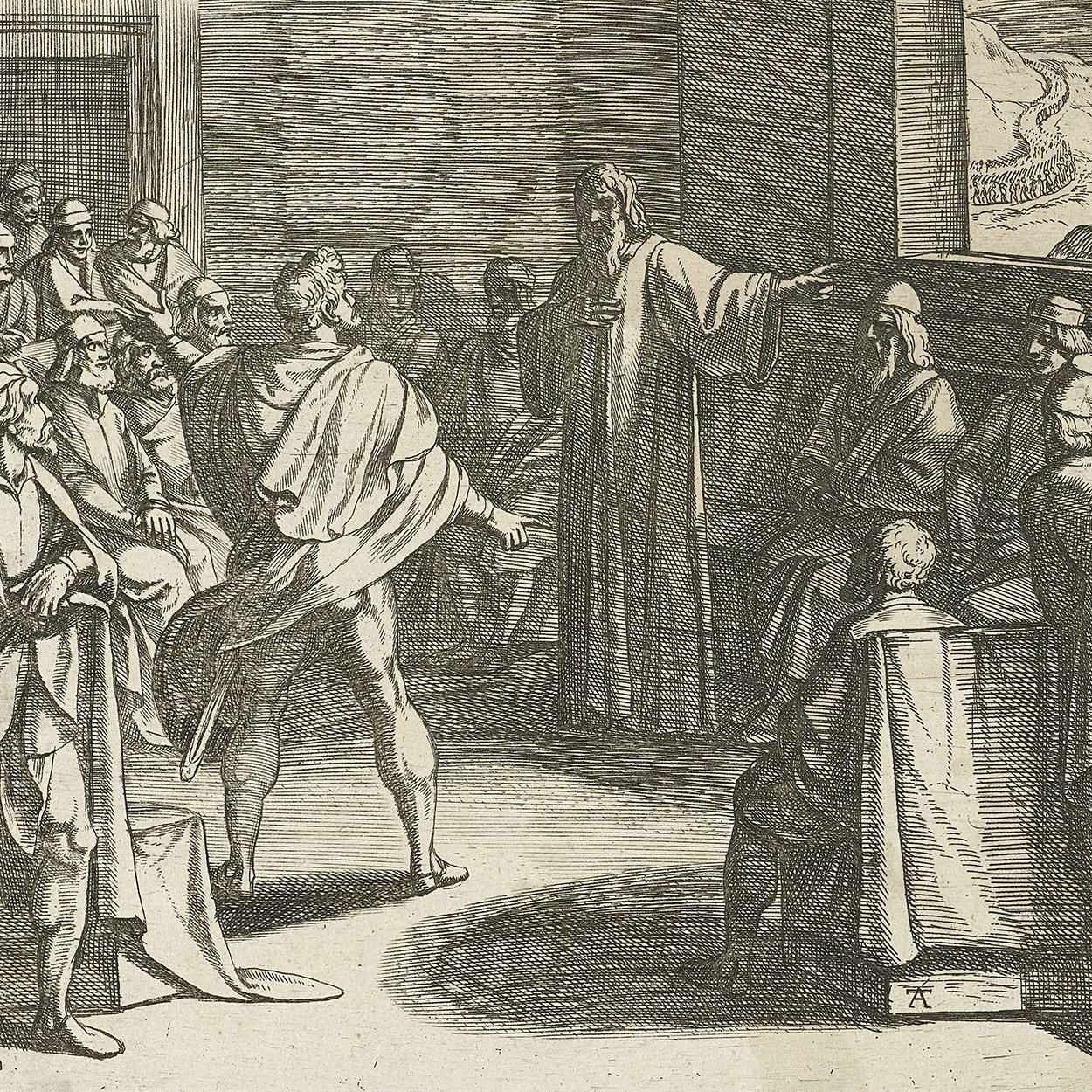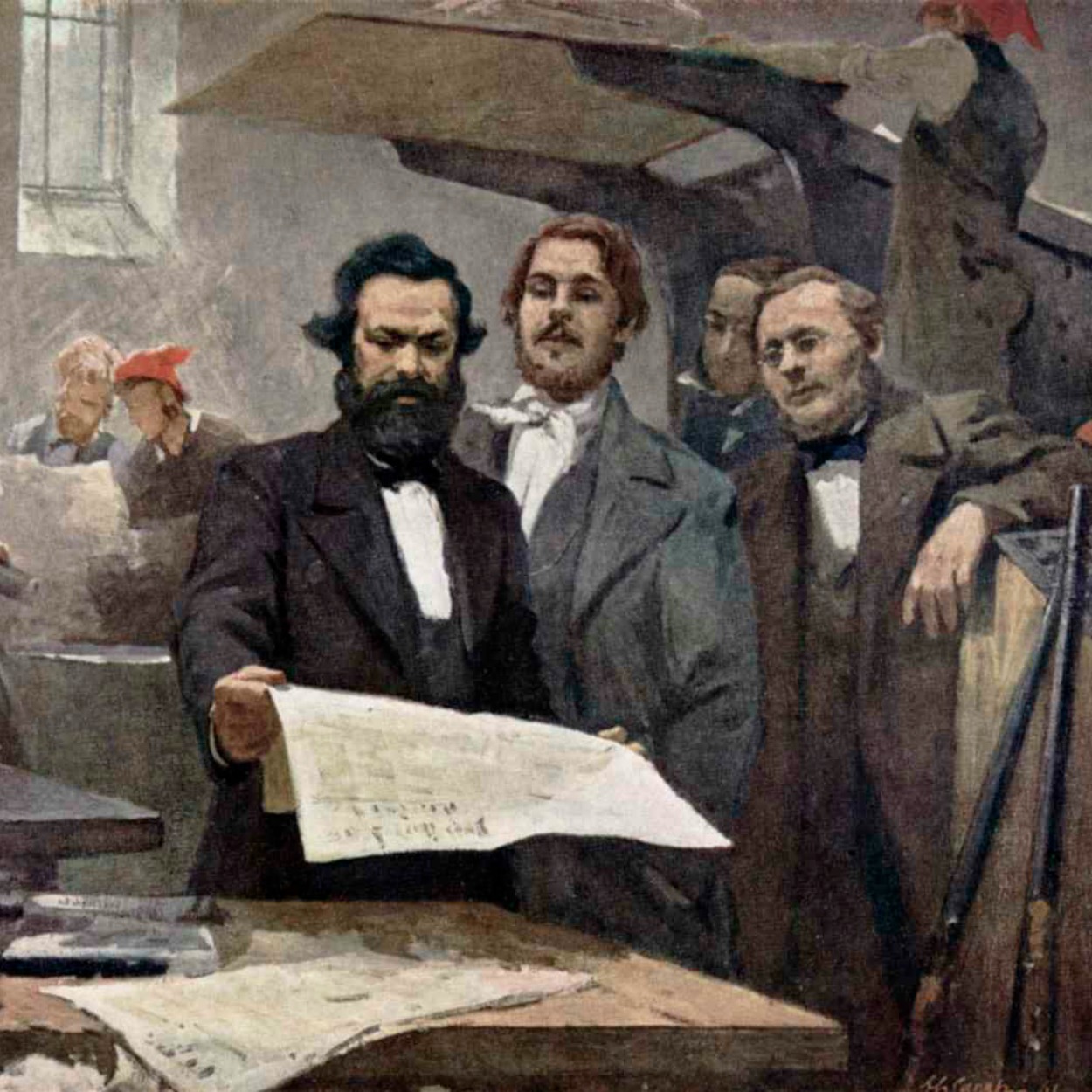
My truth? Your truth? No truth?
The dwindling sense of a common pursuit of truth is contributing to a deteriorating public discourse. Maybe it’s time to stand up for the truth about truth.

The dwindling sense of a common pursuit of truth is contributing to a deteriorating public discourse. Maybe it’s time to stand up for the truth about truth.

These are serious times – with serious challenges. Does that make it less (or more) important that we stay open to diverse perspectives on what’s happening?

Those who accuse Christians of focusing too much on devotional worship, rather than the sick and poor – seem to forget that Jesus Himself did both.

What if deeper conversation threatens my very sense of self? In most cases it is infinitely worthwhile to engage in such “rival contestation.”

Is this a time to mostly get through and distract ourselves until we can get back to normal? Or are there precious adjustments this challenge could prompt us all to make?

Bernie Sanders’ campaign has raised many questions about socialism, communism and even Marx. What does an unabashed, thoughtful Marxist think of it all?

The anger of Bernie Sanders has often been discussed as a political liability. Could it actually be the very reason he’s doing so well?

Endless sales, politicking, and bickering have convinced many to see persuasion as a bad thing (“as long as you don’t try and persuade me”). We’re going to try and persuade you otherwise.

We’ve tried so hard to decrease depression, anxiety and suicide. And the numbers keep going up. Is it time to consider even more fundamental shifts in our approach?

As suicide numbers increase, we continue to hear suggestions that “undertreatment” is the main problem. After two decades of rising treatment rates, could it be time to reassess?

Is it only Jesus’ birth we celebrate at Christmas? Not if we’re paying attention to the songs we sing.

What is it about the idea that religious communities are motivated by love that is so surprising as to constitute front page news?